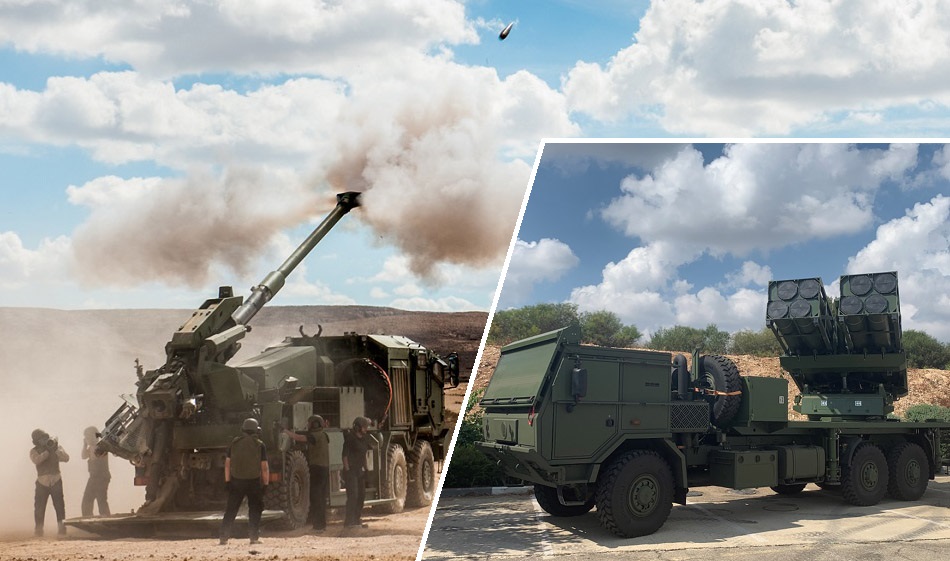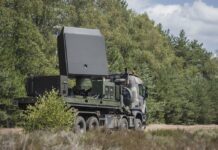Israeli defence company Elbit Systems announced on 2 March 2023 that it has received an order for two different artillery systems with a total value of more than USD 252 M (EUR 238 M) for a NATO country. Although the company’s press release does not name the customer, it would appear to be Denmark, since a few weeks ago the Danish Ministry of Defence announced its intention to purchase 19 155 mm Autonomous Truck Mounted Howitzer System (ATMOS) wheeled self-propelled howitzers (SPHs) and eight Multi-Purpose Universal Launching System (PULS) rocket artillery systems from Elbit Systems, having shortly before this handed over all of its own CAESAR wheeled SPHs to Ukraine.
Elbit now states that the procurement contract for the ATMOS systems has a total value of USD 119 M and is to be executed within two years. The contract for the PULS multiple rocket launchers in combination with an unspecified number of missiles and rockets has a total value of USD 133 M and is to be executed within the next three years. According to earlier information from the Danish Armed Forces (Forsvaret), the first PULS systems are expected to arrive in Denmark as early as this summer. Delivery of the first wheeled SPHs has been announced for early 2024.
According to the Danish Armed Forces, the wheeled platform for the ATMOS systems, which is to have unspecified ballistic and mine protection, has not yet been clarified. Denmark’s CAESAR system had a protection level of Level 2A (ballistic) and 2B (mines) as per STANAG 4569.
The ATMOS system has a semi-automatic loading system, allowing a rate of fire of up to six rounds per minute, and can carry up to 36 rounds as a combat load. Depending on the type of ammunition, ranges of up to 40 km can be achieved with its 52-calibre barrel. As for the crew, the Danish Army assumes four to six troops per system.
The Multi-Purpose Universal Launching System (PULS) can fire a wide range of artillery rockets. According to an overview of the system on the Forsvaret website, Denmark plans to use 122 mm and 160 mm rockets with a range of up to 300 km.
Waldemar Geiger












